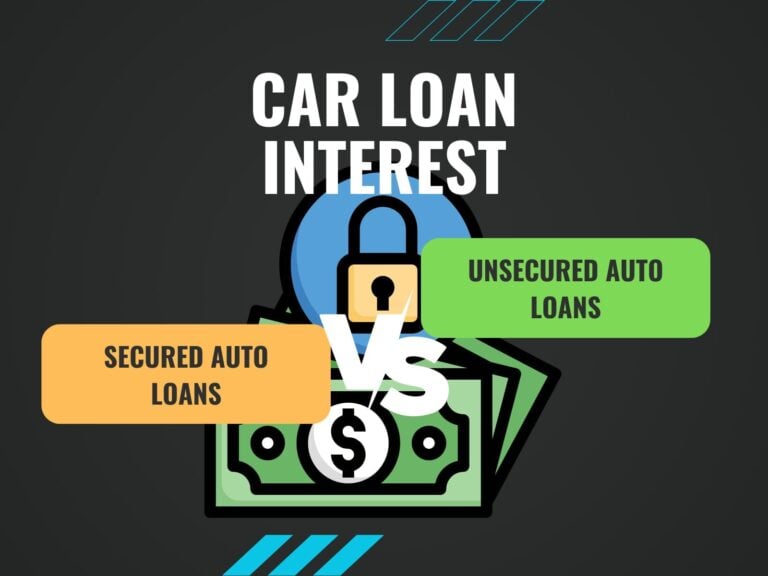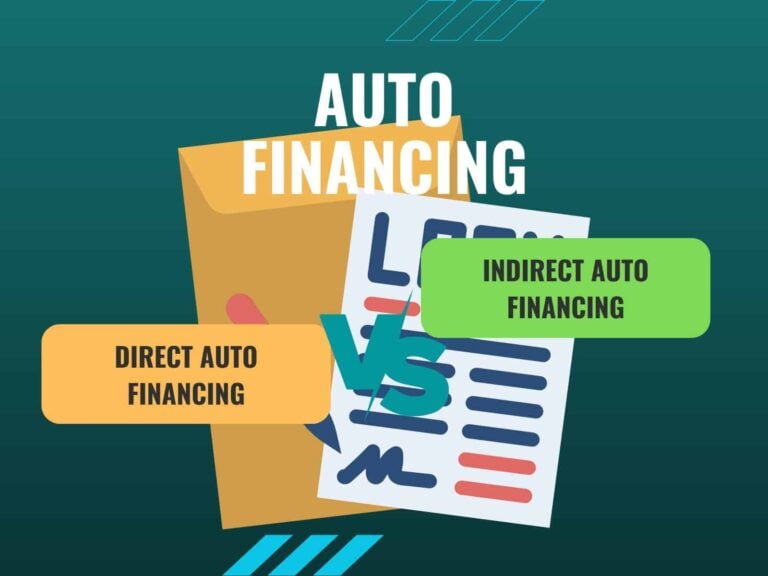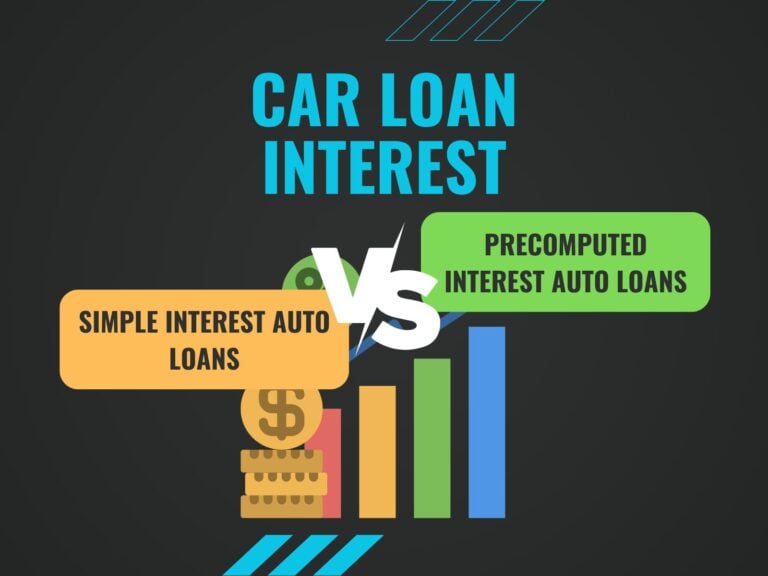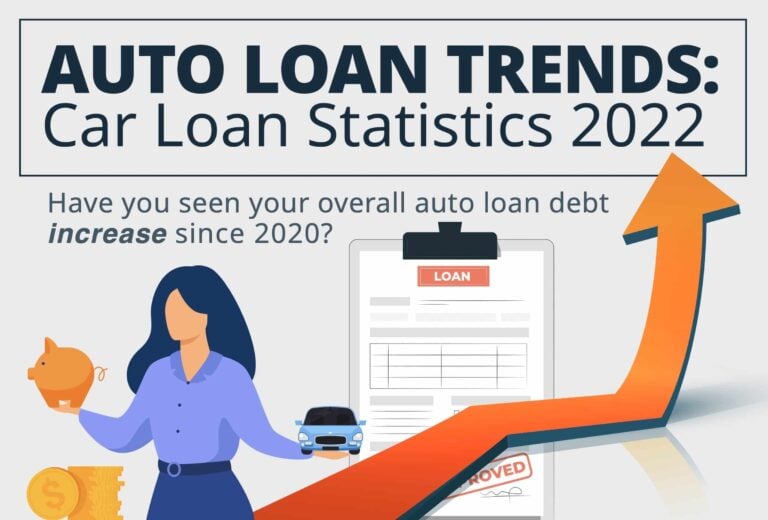Kentucky Debt Settlement
Kentucky, with an approximate population of 4.47 million residents, ranks 26th in the United States, and the state covers 40,408 square miles, placing it 37th in geographic area. Kentucky’s population density of 110 residents per square mile places it 20th in the nation.
Known as the “Bluegrass State” for its unique species of grass found within many of its pastures, Kentucky is also known for bluegrass music, horse racing, bourbon, moonshine, tobacco, coal, and automobile manufacturing.

Kentucky has long been known for its excellent farming conditions, owing to high-calcium soil that helped the state become a major horse breeding, horse racing, and tobacco farming center. Additionally, nationwide, Kentucky ranks fifth in goat farming, eighth in beef cattle production and fourteenth in corn production. Apart from this strength within agriculture, Kentucky’s economy is active in automotive, where it ranks fourth nationally in the number of automobiles and trucks assembled – including the Toyota Camry and the Ford F-Series truck – the best selling car and truck in the United States.
Kentucky is also known for its medical facilities and energy fuel production, including enriched uranium rods and coal. Once known as “King Coal” for its historical strength as a major national coal producer, Kentucky now employs fewer than half the number of coal workers that it did a decade ago, when the state’s two coal fields produced 4% of the electricity within the United States.
Interestingly, Kentucky today produces 95% of the worldwide output of bourbon whiskey, with a greater number of bourbon barrels currently aging within the state (approximately 5.7 million) that is considerably higher than the actual number of people living in the state! The state’s 73 bourbon distilleries speak to an industry that continues to expand even following the 170 percent growth experienced from the period of 1999-2015.
Overall, Kentucky’s gross domestic product of $211.6 million in 2018 ranked it 28th in the country. Kentucky’s 2018 median household income level of $50,247 ranked it 45th nationally and was 20.2% lower than the national median household income level of $63,030. However, back in 2014, Kentucky was considered the most affordable state in the U.S. in which to live.
Kentucky Economic and Debt Statistics
According to the St. Louis Fed, Kentucky’s unemployment rate stood at 3.9% as of December 2019, slightly higher than the national unemployment rate of 3.5%. In terms of average household credit card debt, Kentucky residents carry significantly lower amounts of credit card debt than the national average of indebted households of $9,333, checking in at an average level of $7,190 – almost 23% less than the national average and ranking 27th in the nation.
Meantime, compared with the 2019 nationwide average FICO score of 703, the typical Kentucky resident’s 2019 FICO score checks in somewhat lower at 692, ranking in the bottom quarter of the country, at 39th in the nation.
Kentucky Economic and Debt Statistics
According to the St. Louis Fed, as of Q4 2018, the Kentucky home ownership rate stood at 69.8%, notably higher than the national average of 64.8%, while a recent Experian report shows average mortgage debt of $126,310, a 2.7% increase compared to 2018, but fifth lowest in the country.
The median sales price for a home in Kentucky during 2019 was only $157,900, also among the lowest in the nation. Regarding student loans, data compiled by Experian in 2019 indicates that the state of Kentucky shows an average student loan debt per student borrower of $32,174, up 6.8% from the previous year and almost 31% higher than in 2014.
Kentucky Residents and Debt Settlement
If you are a resident of Kentucky and are currently burdened by high levels of unsecured debt – including credit card accounts, private student loans, unpaid medical bills and personal loans – the process of pursuing debt settlement may make sense for you.
Debt settlement occurs when a debtor successfully negotiates a payoff amount for less than the total balance owed on a debt. This lower amount is agreed to by the creditor or collection agency and is fully documented in writing. Ideally, this lower negotiated amount is paid off in one lump sum, but it can be paid off over time.
Though creditors are under no legal obligation to accept debt settlement offers, negotiating and paying lower amounts to settle debts is far more common than many people realize.
Kentucky Consumer Debt Laws
Credit Card companies and other creditors are permitted to contact Kentucky residents directly regarding debts, particularly in a situation involving delinquent payments.
However, debt collection agencies are required to comply with the the Federal Fair Debt Collection Practices Act (FDCPA), and are therefore prohibited from taking certain actions. Under the FDCPA, collection agencies are prohibited from informing employers about a debt or attempting to collect a fee in excess of any debt owed.
Debt collection agencies are also prohibited from communicating in a manner that simulates a judicial process or gives the appearance of a governmental action. Additionally, debt collection agencies are prohibited from contacting debtors or debtor family members at unusual hours or with a frequency that may be reasonably construed under the law as harassment or abuse.
Unfortunately, unlike many other states, Kentucky does not supplement the FDCPA with its own state-mandated fair debt collection practice act, and therefore leaves its residents somewhat vulnerable to predatory collections practices by original creditors.
Although law requires that collectors register with the state and obtain a license to collect debts, the law does not allow consumers to bring individual lawsuits. Therefore, Kentucky residents faced with abusive or harassing collection tactics are best protected under the FDCPA.


Kentucky Statute of Limitations on Debt Collection
When sufficient time passes in a situation in which consumer debts have gone unpaid, a debt collector can lose the legal right to sue for non-payment. In Kentucky, the statute of limitations on debt collection varies according to the type of debt involved. For written contracts and agreements, the statute of limitations is either four years or fifteen years, depending on the circumstances, as Kentucky adopted the four-year Uniform Commercial Code (UCC) statute of limitations with regards to contracts for the sale of goods and for lease contracts.
The statute of limitations on credit cards and promissory notes is five years. The statute of limitations on mortgage contracts is three years. For any time period, the clock begins ticking from the “date of default,” which is typically thirty days after the last payment was actually made. When debts remain unpaid prior to the statute time period elapsing in full, creditors maintain legal right to sue you for non-payment and are permitted to engage debt collection agencies who can make persistent attempts at collection, as long as they remain within the bounds of the FDCPA.
Debt Settlement - Do It Yourself?
Getting out of debt is never an easy process. If debt settlement is the right avenue for you to pursue, be honest with yourself. Decide whether you possess the background, strength and fortitude to negotiate directly with creditors yourself – or whether engaging the services of an experienced and reputable debt settlement company will serve your needs best.
Remember, the goal is to save the greatest amount of money and time while minimizing any ensuing damage to your credit score and profile. A reputable debt settlement company will provide a realistic estimate and time frame for making offers to your creditors that can ultimately result in settlements that save you significant amounts of money, time, and aggravation.
Contact us here at United Settlement, where our experienced credit counselors possess relationships with the major credit card lenders and a broad understanding of the debt marketplace. We can help you navigate these waters successfully.
Debt Resources & Additional Reading
Additional Related Insights & Articles







Debt Relief Reviews

Ready To Get Started?
See if you qualify for debt relief. Get a Free savings estimate to see how quickly you can be debt free.
Embrace financial freedom with our tailored solutions, expert guidance, and unwavering commitment to your success.
Experienced Professionals
Our experienced team has helped thousands of clients successfully eliminate debt and regain financial freedom.
Customized Solutions
We know every financial situation is different, so we design personalized debt relief plans to fit your specific needs and goals.
High Success Rate
Our proven debt relief strategies deliver real results. With a strong track record of success, we help clients achieve lasting financial stability.
Confidential Consultation
Your privacy is our priority. All debt relief consultations are 100% confidential and handled with the highest level of discretion.



